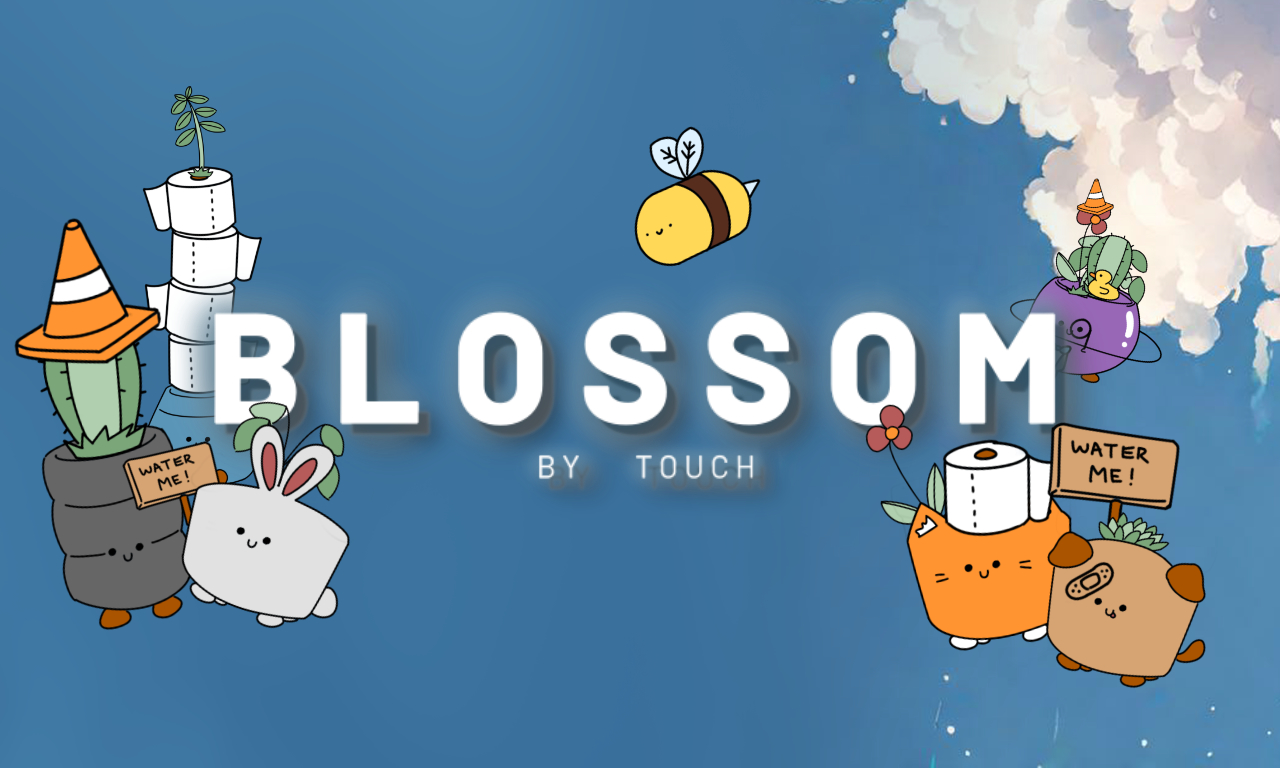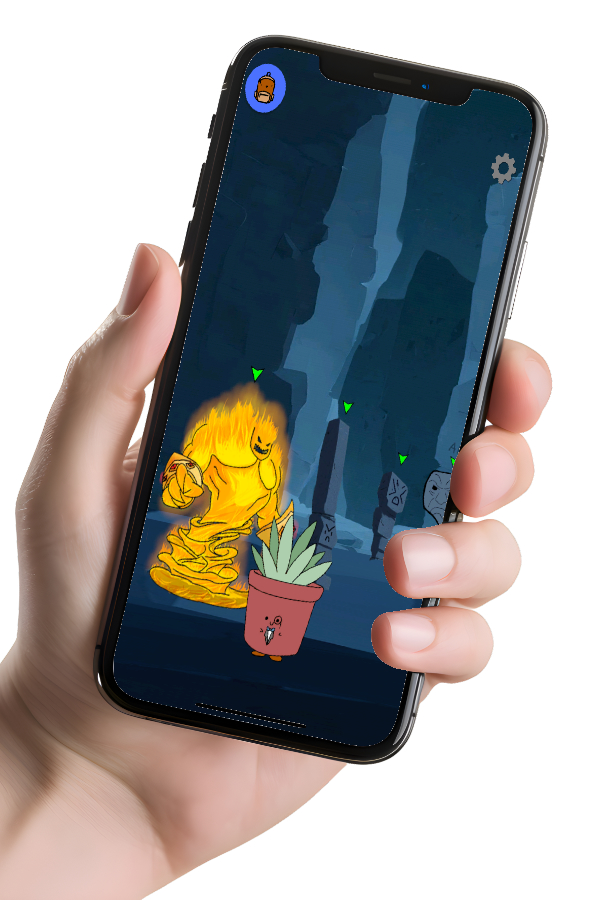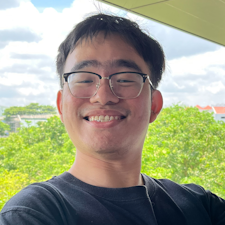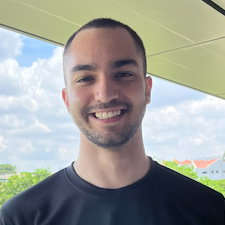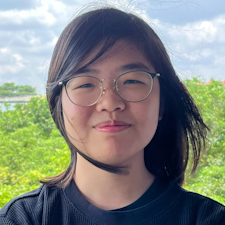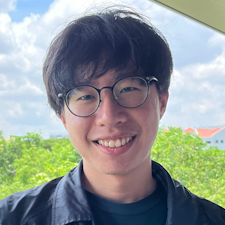Discover

Poor mental health is increasingly prevalent within the Singapore population. According to the 2022 National Public Health Survey the age-standardised prevalence of poor mental health increased from 12.5% in 2017 to 17.0% in 2022, where the most significant increase was observed in youths aged 18 to 27. Meanwhile, the Samaritans of Singapore, a suicide intervention non-profit, reported that suicide figures for children and youth aged 10 to 19 increased by 127% in the 2020 to 2021 period alone. Yet, existing support programs in Singapore aimed at promoting mental well-being are primarily designed for teenagers and older individuals, creating a gap within primary school children. As such, intervention measures and education targeting primary school children would benefit the mental health of individuals in the long run, and encourage them to seek the appropriate help when needed.
Define
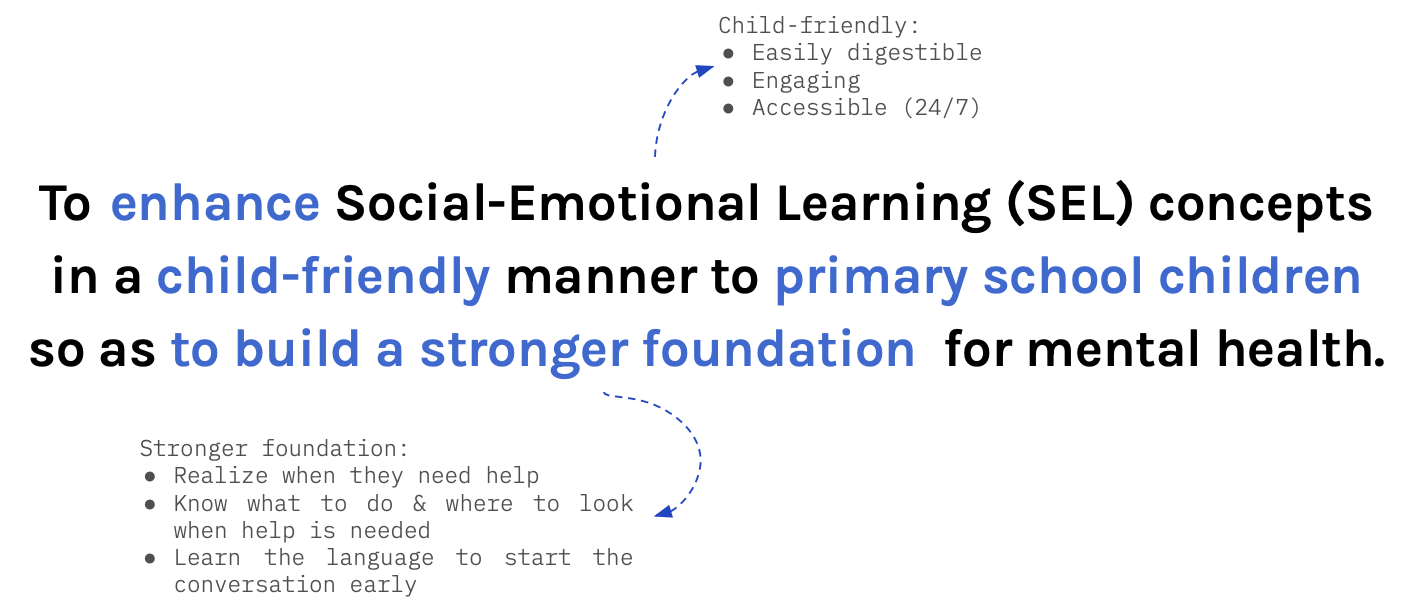
Social-Emotional Learning (SEL) is regarded as a tool to promote positive mental health via building social and emotional competencies. This helps with emotional management, personal and interpersonal problem solving, resilience towards adversities, and more. Teaching SEL also creates a safe and supportive environment for the children, promoting the overall positive development and mental well-being of a child. BLOSSOM as an educational mobile game is centered on SEL concepts, integrating Artificial Intelligence to cater the language use appropriately and personalising the learning experience. Ensuring that regardless of what primary school level our users are, they will be able to comprehend SEL knowledge, apply the tools, and identify the resources to deal with mental health challenges.
Develop
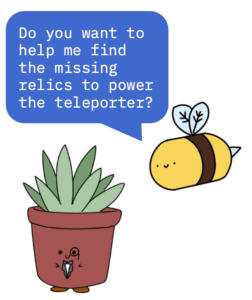 Blossom has 3 main pillars: curriculum, gameplay, and LLM. So, how did the team developed each of those pillars keeping Industry mentor’s constraints in mind? Blossom is a collaborative effort with TOUCH Community Services, a not-for-profit organisation in Singapore that provides a wide range of services including mental health outreach programmes for schools. Therefore, in order for Blossom to be used by TOUCH it should not incur any cost.
Blossom has 3 main pillars: curriculum, gameplay, and LLM. So, how did the team developed each of those pillars keeping Industry mentor’s constraints in mind? Blossom is a collaborative effort with TOUCH Community Services, a not-for-profit organisation in Singapore that provides a wide range of services including mental health outreach programmes for schools. Therefore, in order for Blossom to be used by TOUCH it should not incur any cost.
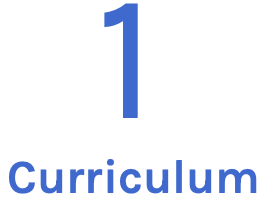 SEL has 6 core lessons. BLOSSOM focuses mainly on self-awareness and self-management. Emotional management entails the identification of emotions within oneself, regulating the emotion (healthy vs unhealthy coping mechanisms), and being able to identify and react to the emotion of others around them. The game brings the individual on an interactive storytelling adventure to explore the following three emotions: Anger, Sadness, and Envy.
SEL has 6 core lessons. BLOSSOM focuses mainly on self-awareness and self-management. Emotional management entails the identification of emotions within oneself, regulating the emotion (healthy vs unhealthy coping mechanisms), and being able to identify and react to the emotion of others around them. The game brings the individual on an interactive storytelling adventure to explore the following three emotions: Anger, Sadness, and Envy.
The main characters of the app are plants and pots, each user will get one during the onboarding. Plants allow the team to draw analogies, like teaching resilience to users by showing how wind affects a plant. The more they play the game, the more they will water the plant. Each character will converse with different non-player characters (NPCs) throughout the whole adventure in search for the relics. Every chapter will have unique ai-powered NPCs that will help the user with the quest.
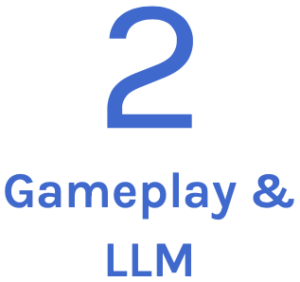 Blossom was developed in GoDot, as this game engine’s business model aligns with our Industry mentor. The AI takes the form of chatbots disguised as Non-playable characters (NPCs), utilising Large-Language Models (LLMs) and modified to suit mental health applications.
Blossom was developed in GoDot, as this game engine’s business model aligns with our Industry mentor. The AI takes the form of chatbots disguised as Non-playable characters (NPCs), utilising Large-Language Models (LLMs) and modified to suit mental health applications.
The first of the AI is to cater the language of the game to the differing capabilities of the children, to ensure efficient imparting of SEL content. The second use of AI adds a touch of personalisation to the storytelling adventure where the NPCs are AI powered chatbots with the ability to converse with the player.
They serve as a knowledge bank for emotional management, each with a unique personality representing each of the emotions being taught through the game. The NPCs will accompany the players through the storytelling and beyond, serving as a personal assistant to the player for anything mental health related. The selected LLM was then trained using prompt engineering, so each NPC has its own personality, they provide context based responses, and use only safe language.
Deliver
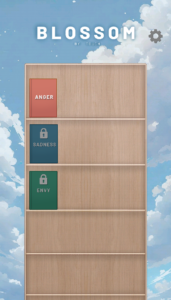
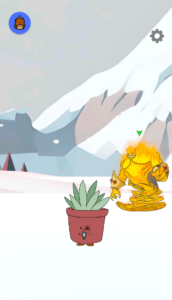
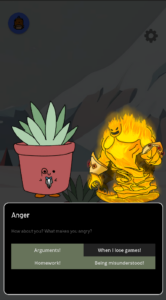
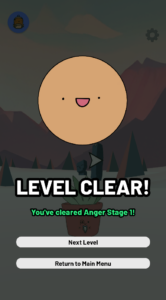
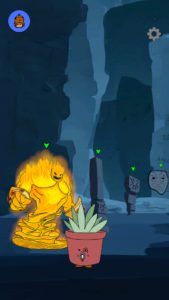
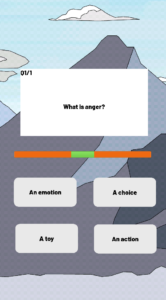
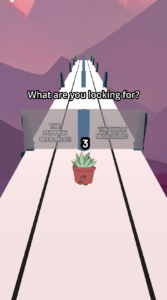
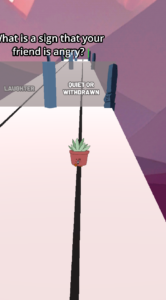
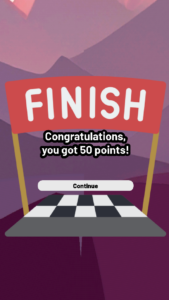
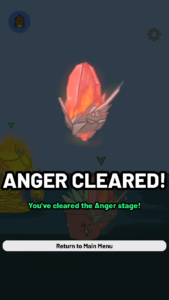
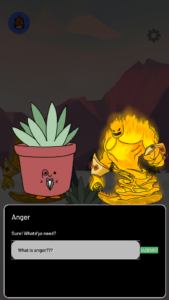
Blossom was tested with 7 experts that work closely with primary school children in Singapore. There were some considerations offered for the user interface, they have been implemented.

Video
Acknowledgements
Team MindCraft would like to thank our Capstone instructors: Dr Soujanya Poria and Dr Tan Chee Seng Bernard for their valuable advice which were pivotal to BLOSSOMs success. We would also like to thank the SUTD Capstone Office for their support. The team would like to thank our industry mentor, TOUCH Community Services and the accompanying team: Ms Chai Ning, Mr Bryan Chua, Ms Glennys Tan, and Mr Joel Wang for their valuable guidance and help in firming up a curriculum and setting up of the user testing.
